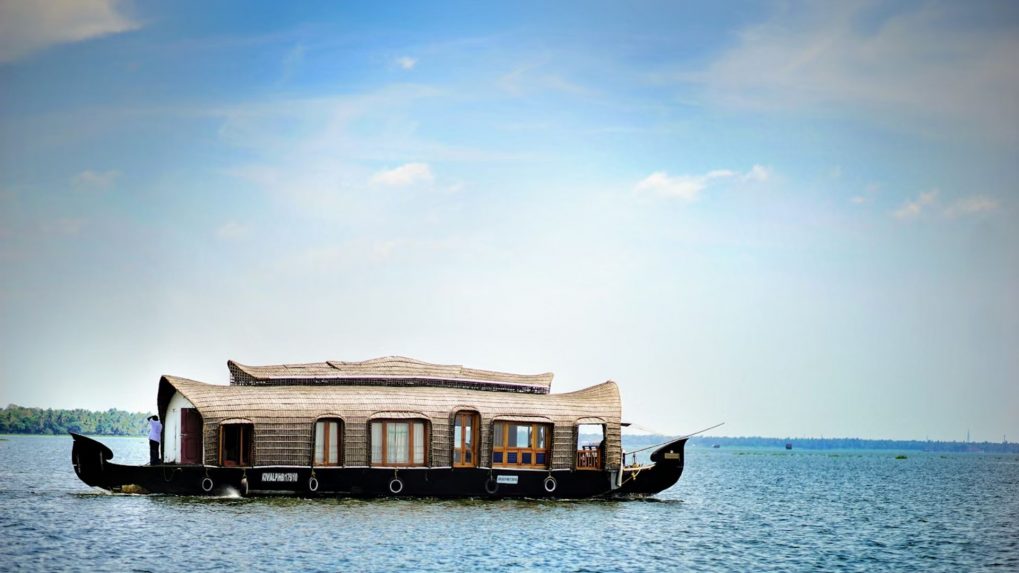Religious travel continues in parts of India, Char Dham pilgrims stay the course amid IPL suspension, Indo-Pak tension
Meanwhile, the Uttarakhand government has increased the security across four pilgrimages- Badrinath, Kedarnath, Gangotri, and Yamunotri-by deploying 350 soldiers at Kedarnath Dham alone.
ADVERTISEMENT
Even as tensions between India and Pakistan escalate and the Indian Premier League (IPL) faces an abrupt suspension, domestic travel particularly religious travel continues largely unshaken.
Read more: Ad spend in limbo as IPL 2025 suspension jolts brand plans amid India-Pak tensions
In the state of Uttarakhand, where the annual Char Dham Yatra draws millions of pilgrims, officials report little to no disruption. “The Char Dham Yatra has seen negligible impact from the current border situation,” a state official said in an interview, noting that the region shares a boundary primarily with China, not Pakistan. “Badrinath Dham is closest to the China border. While Uttarakhand is far from the conflict zone, we do hope for de-escalation, it will affect us all eventually.”
Security measures have nonetheless intensified. The state government has deployed 350 personnel to Kedarnath Dham alone, while the federal government has supplemented local forces with 15 paramilitary companies stationed at sensitive points along the pilgrimage route, which includes Badrinath, Kedarnath, Gangotri, and Yamunotri.
Read more: MIB issues advisory to discontinue Pakistani web series, films, music on OTT
Despite the heightened security and bouts of inclement weather disrupting roadways, officials say attendance levels are on par with last year’s figures. More than 2.5 million pilgrims have registered online for the Char Dham Yatra so far this season.
The high travel months from April to October are economically vital for northern Indian states. But recent violence, including the April 22 terrorist attack in Pahalgam in India and India's subsequent military operations under "Operation Sindoor," has cast a shadow over key religious destinations like Vaishno Devi in Jammu and the Golden Temple in Amritsar.
Amit Damani, co-founder of hospitality platform StayVista, acknowledged a recent downturn. “Travel demand has dipped in the last few days due to geopolitical instability. Prior to this, we were seeing nearly 30% year-over-year growth across Jammu & Kashmir, Himachal Pradesh, and Uttarakhand.”
Read more: MIB launches #IndiaFightsPropaganda campaign against cross-border misinformation
Yet even as the north grapples with uncertainty, the southern states are witnessing steady, even rising, foot traffic. “Travel has become a necessity,” Damani noted, pointing to strong demand for destinations like Coorg, Munnar, and Ooty.
Hari Ganapathy, co-founder of travel platform Pickyourtrail, echoed that sentiment. “Sentiment around pilgrim tourism remains stable in South and East India,” he said, referencing strong turnout at events such as the Azhagar Sevai festival in Madurai. “We’re not seeing any major disruptions in traveler behavior.”
The situation is more precarious in northern India. As of May 10, more than 20 airports have suspended operations, and over 130 flights, domestic and international, were cancelled from Delhi’s Indira Gandhi International Airport on Friday alone.
Looking to the past for perspective, Prashant Thakur, regional director and head of research at ANAROCK Group, recalled that during the 1971 India-Pakistan war, foreign tourist arrivals dropped significantly, from 2.2 million to 1.96 million, and hotel occupancy rates plummeted below 45%. He warned that if current tensions persist, similar patterns may emerge.
“Hotel occupancies in affected regions could decline by 10–15%,” he said. “However, domestic travel—which accounts for nearly 90% of hotel room-nights—will remain robust. We might even see a post-conflict surge in what we call ‘victory tourism,’ as happened after Kargil.”
The suspension of the IPL is also beginning to reverberate through the tourism and hospitality sectors. While local attendance typically comprises the bulk of matchday crowds, operators say the cancellation is particularly disruptive for international visitors who had pre-purchased travel packages.
“Live events like the IPL aren’t just entertainment, they’re economic drivers,” said Ganapathy. “They stimulate regional economies, increase hotel demand, and encourage travel itineraries aligned with fixtures. The ripple effects of the suspension are significant.”

